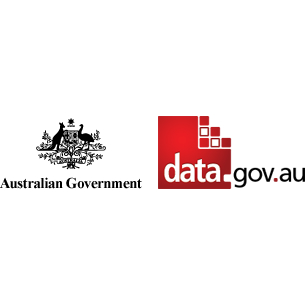Brief description
The southern margin of Australia, formed by the separation of Australia and Antarctica in theCretaceous, has long been considered an example of a classic, non-volcanic, passive, rifted margin. In recent times it has been cited as an excellent example of a 'lower plate' margin inthe terminology of detachment models of passive margin formation. As the margin has been relatively sediment-starved since breakup, and particularly in the Tertiary, it represents anexcellent opportunity to test detachment models via reflection seismic data and drilling.\n\nIn this document, we propose that a total of seven holes be drilled by the Ocean DrillingProgram in the central Great Australian Bight (GAB). Five of these holes are located close tothe previously interpreted continent-ocean boundary (COB), which high-quality seismic datasuggest may actually be a metamorphic core complex. The holes have the following basic aims:\n1.Test the applicability of detachment tectonics to passive margin formation by drillingthrough a master detachment to extended lower continental crust;\n2.Sample acoustic basement at several sites to characterise the tectonic and magmaticprocesses that have been influential at high rates of continental extension and/or duringearly and slow oceanic spreading.\n\nIn the event that the interpretation of a metamorphic core complex proves to be incorrect and oceanic crust is encountered, then two additional holes are proposed to:\n1.Date the oldest sediments above oceanic crust in the South Australian Abyssal Plain, andhence constrain the currently ill-defined age of onset of spreading between Australia andAntarctica and refme the breakup history of eastern Gondwanaland.\n\n2.Date and characterise the extensional listric faulting that is prominent in possible oceaniccrust on the South Australian Abyssal Plain. \n\nAs the data on which these sites are proposed is sparse and, in some cases, old, the AustralianGeological Survey Organisation (AGSO) proposes to carry out a deep-seismic program in thecentral GAB that will allow a refmal interpretation and consequent up-grading or modificationof the proposed sites in 1995/96.\n\nYou can also purchase hard copies of Geoscience Australia data and other products at http://www.ga.gov.au/products-services/how-to-order-products/sales-centre.htmlFull description
Record (pdf) - Record (pdf)text: GA1
text: true
Subjects
User Contributed Tags
Login to tag this record with meaningful keywords to make it easier to discover
Identifiers
- Local : investigation-of-a-lower-plate-continental-margin-a-proposal-for-drilling-in-the-great-australi
- URI : data.gov.au/dataset/f76760ec-2f4f-4a15-907d-ed3e86bd73a9



